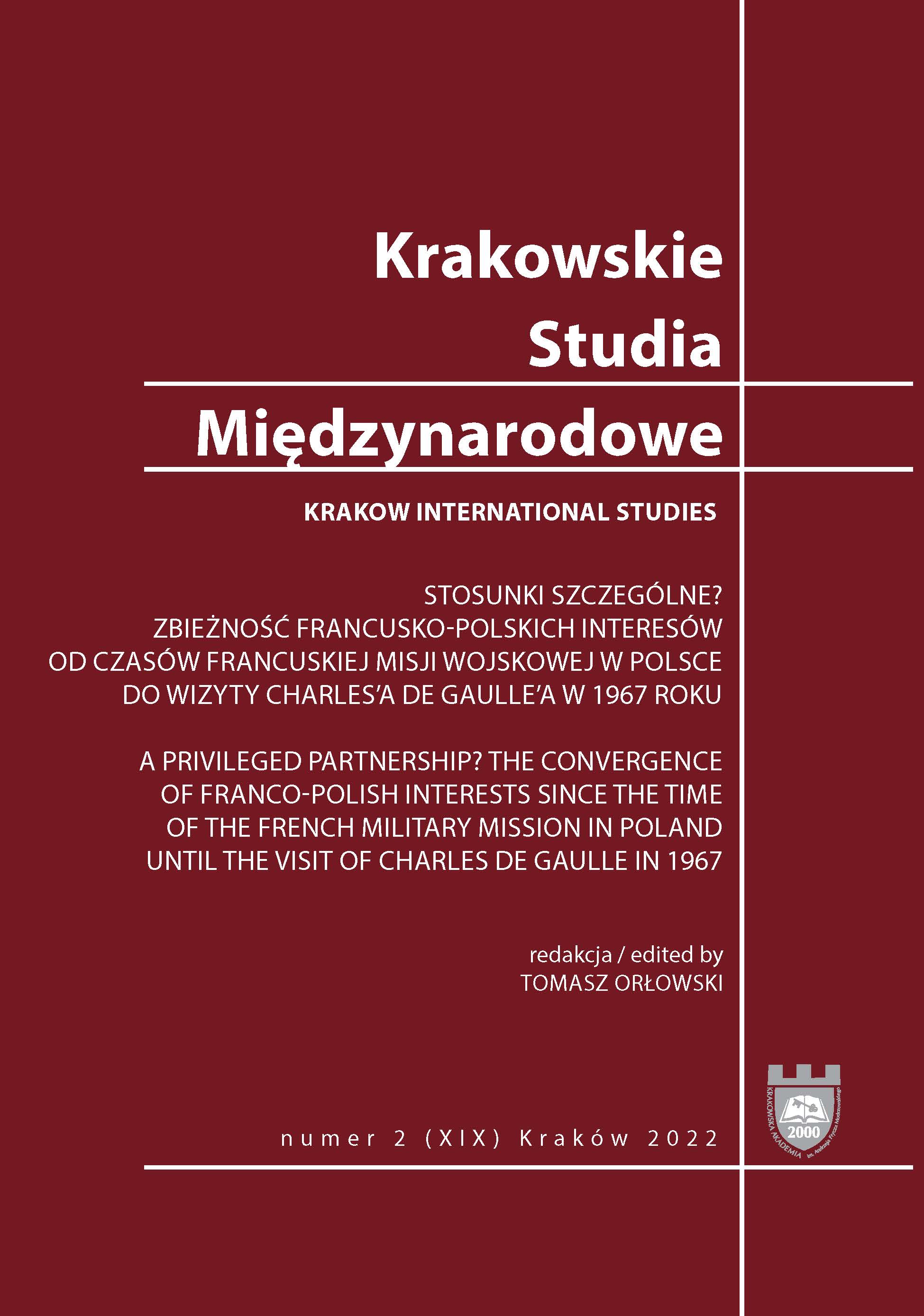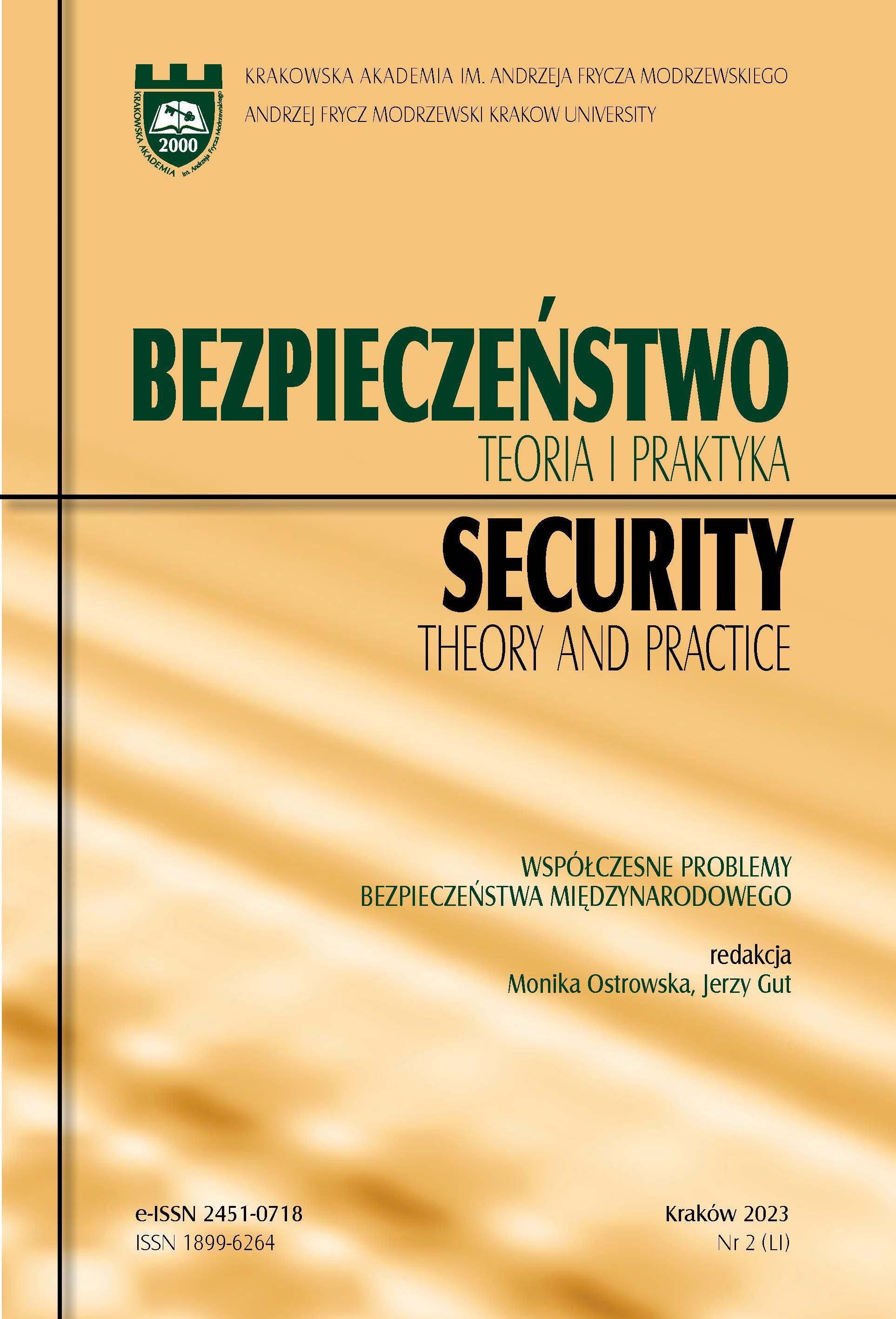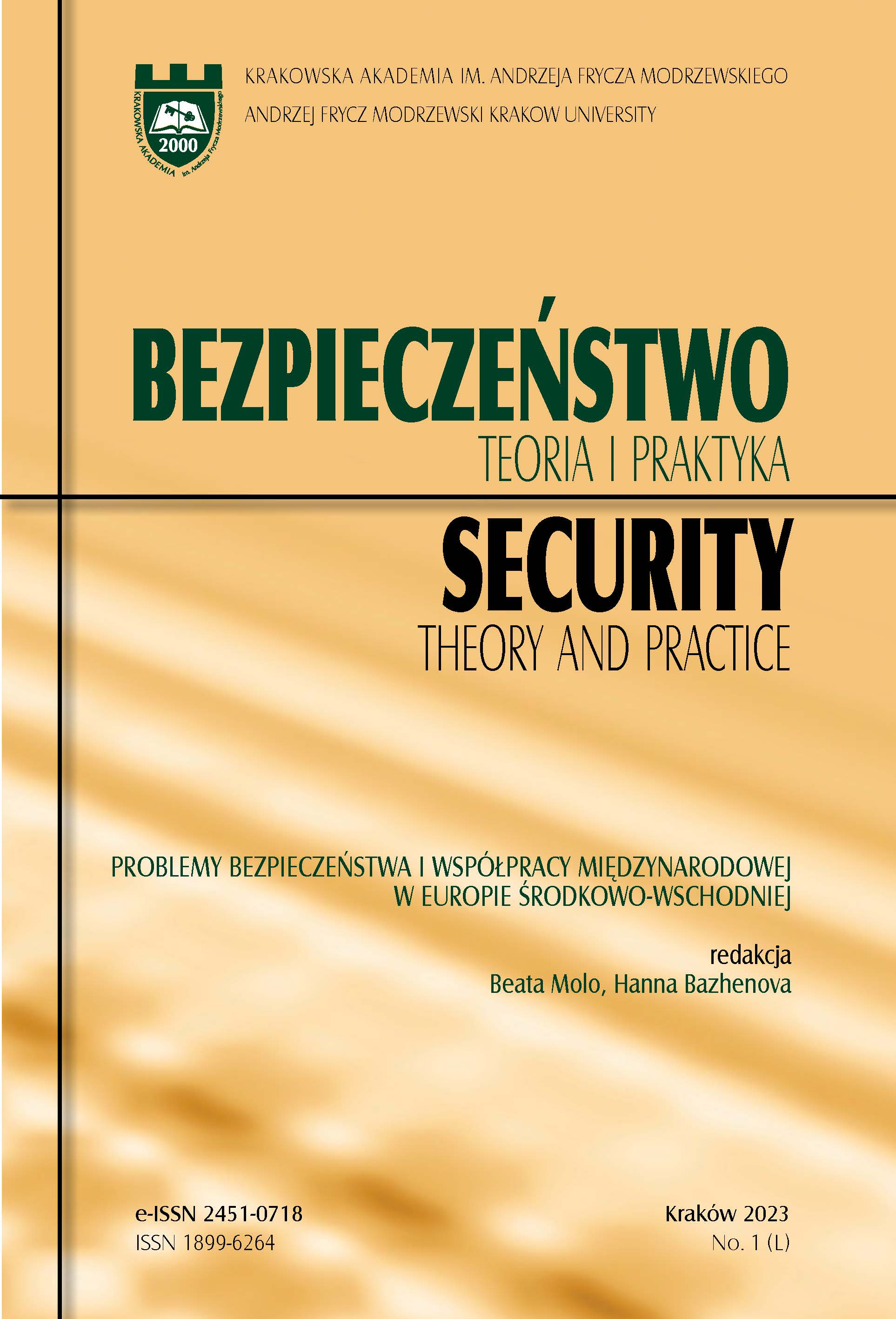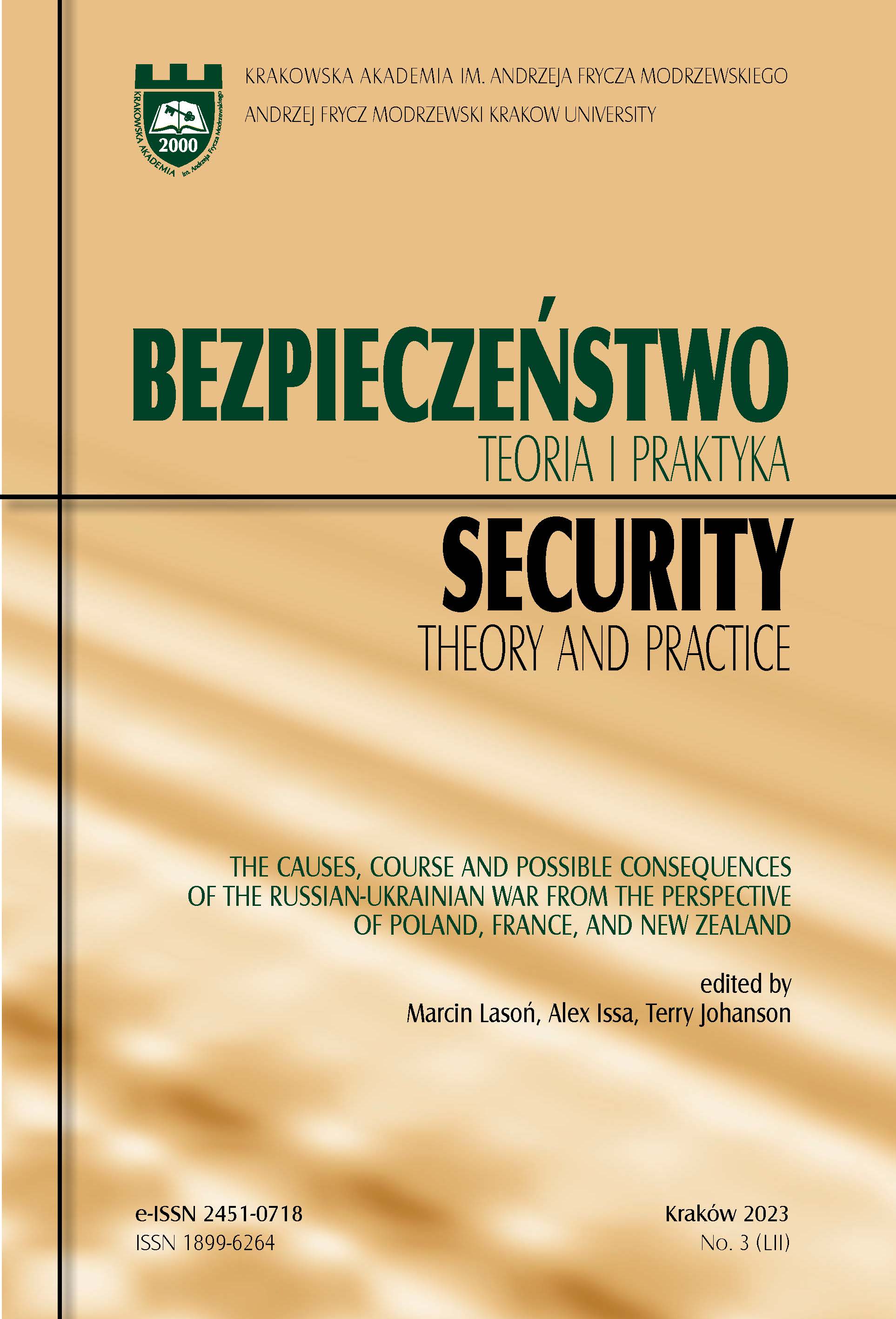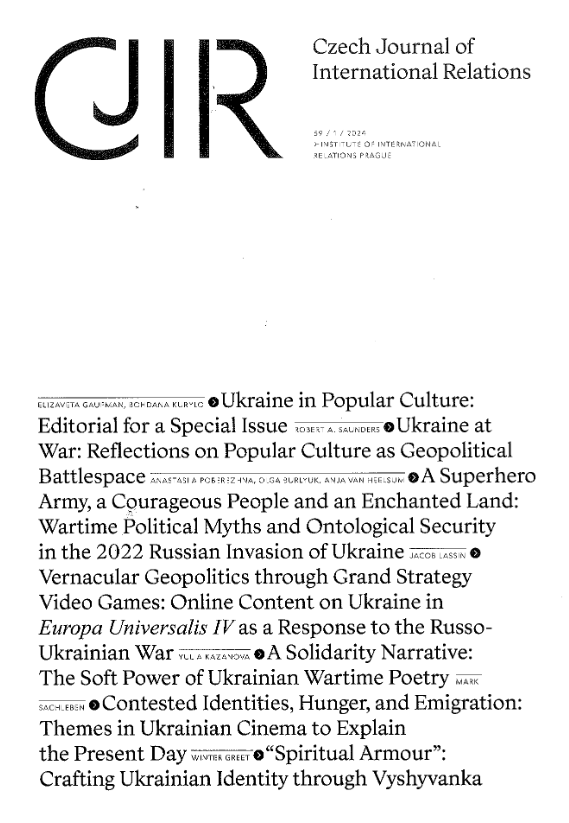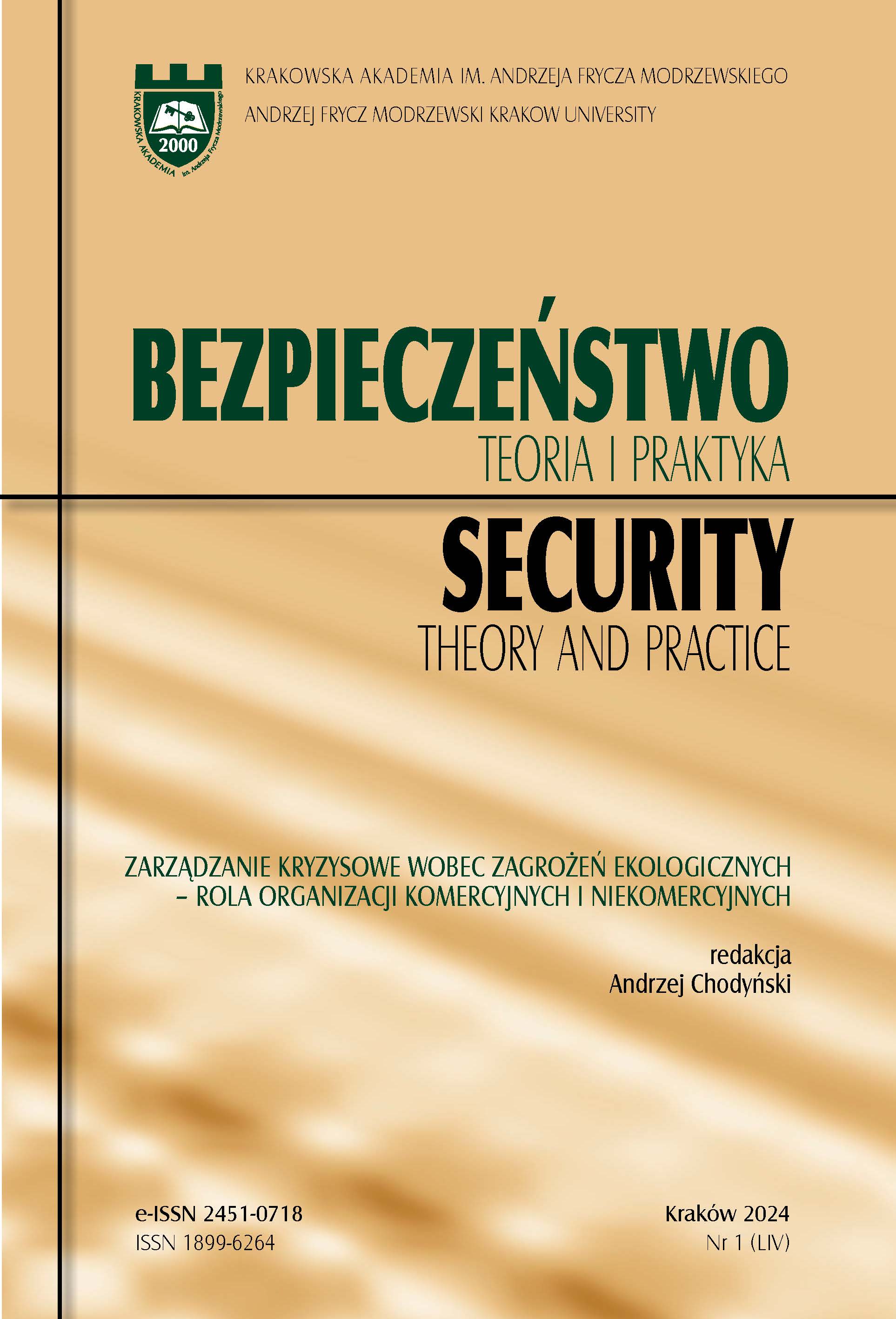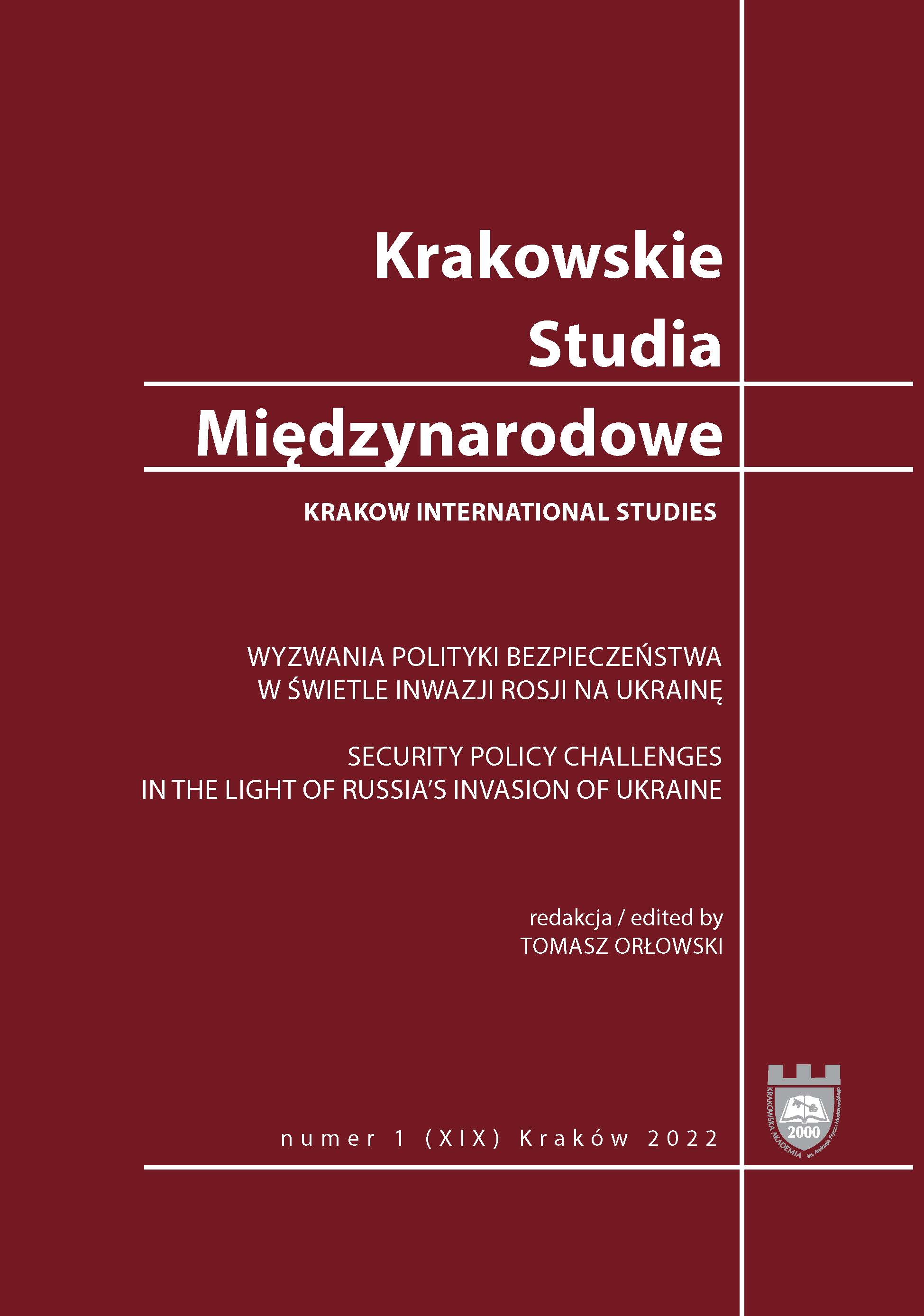
Samorządowy wymiar polskiej polityki zagranicznej 2012–2022. Część I: Zarys ogólny
The subject of the article concerns the role and participation of the Polish local government in the foreign policy of the Republic of Poland in 2012–2022. In part I of the article describes the legal acts and program documents on the basis of which the local government can pursue its external policy. The goal of part I is to analyze the diversification of activities in foreign policy, with particular emphasis on the interests of local government. The part 2 concentrates on a specific local government (the city of Łódź) that tries to pursue an active international policy. The main goal of the article is to examine the activity of local governments in the foreign policy of the state in the aspect of broadly understood reflection on the international environment of the Republic of Poland. This type of analysis may be used to organize the knowledge about the possibilities, conditions and benefits, or possible losses of conducting elements of foreign policy by Polish local governments.
More...
